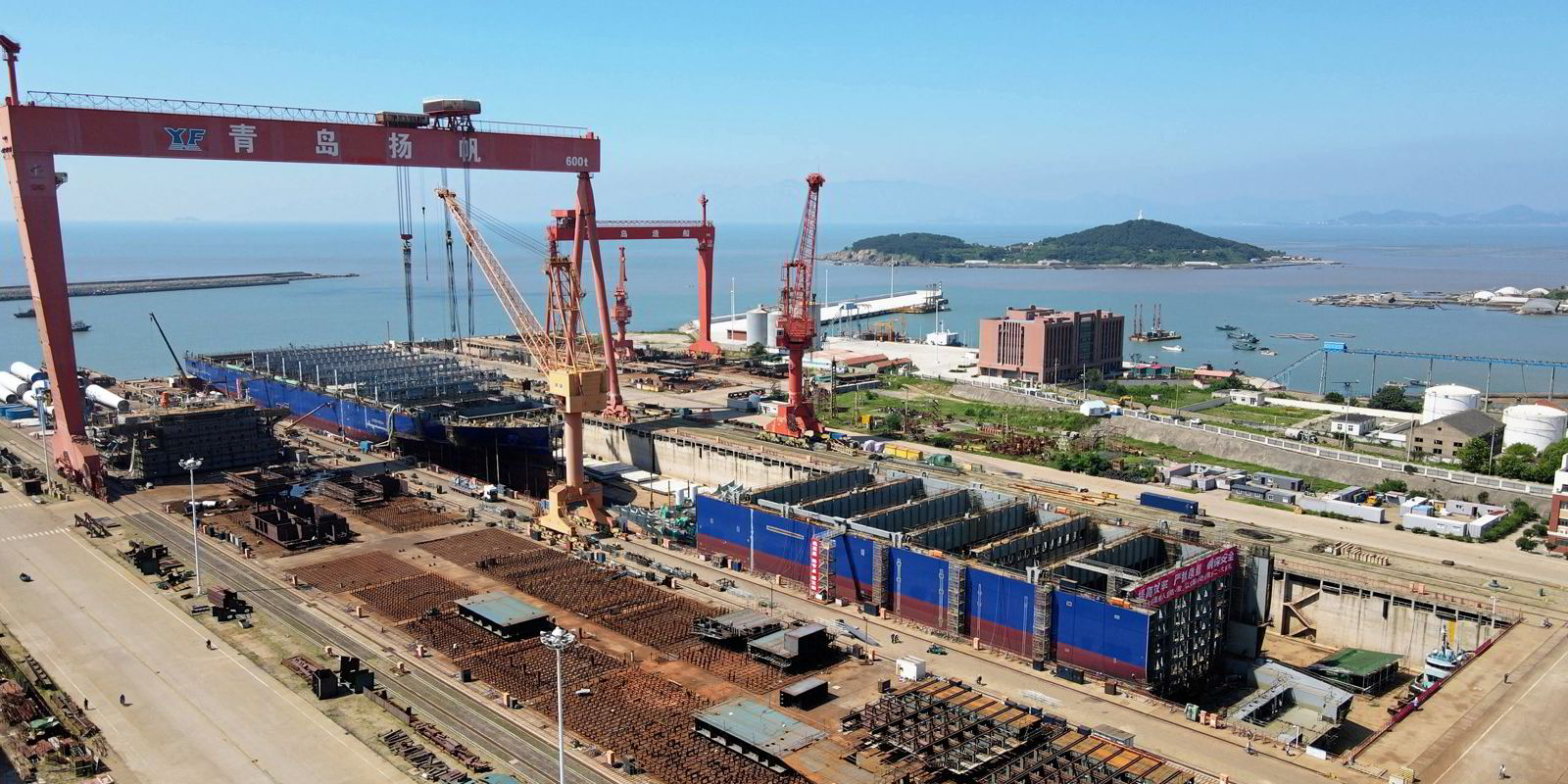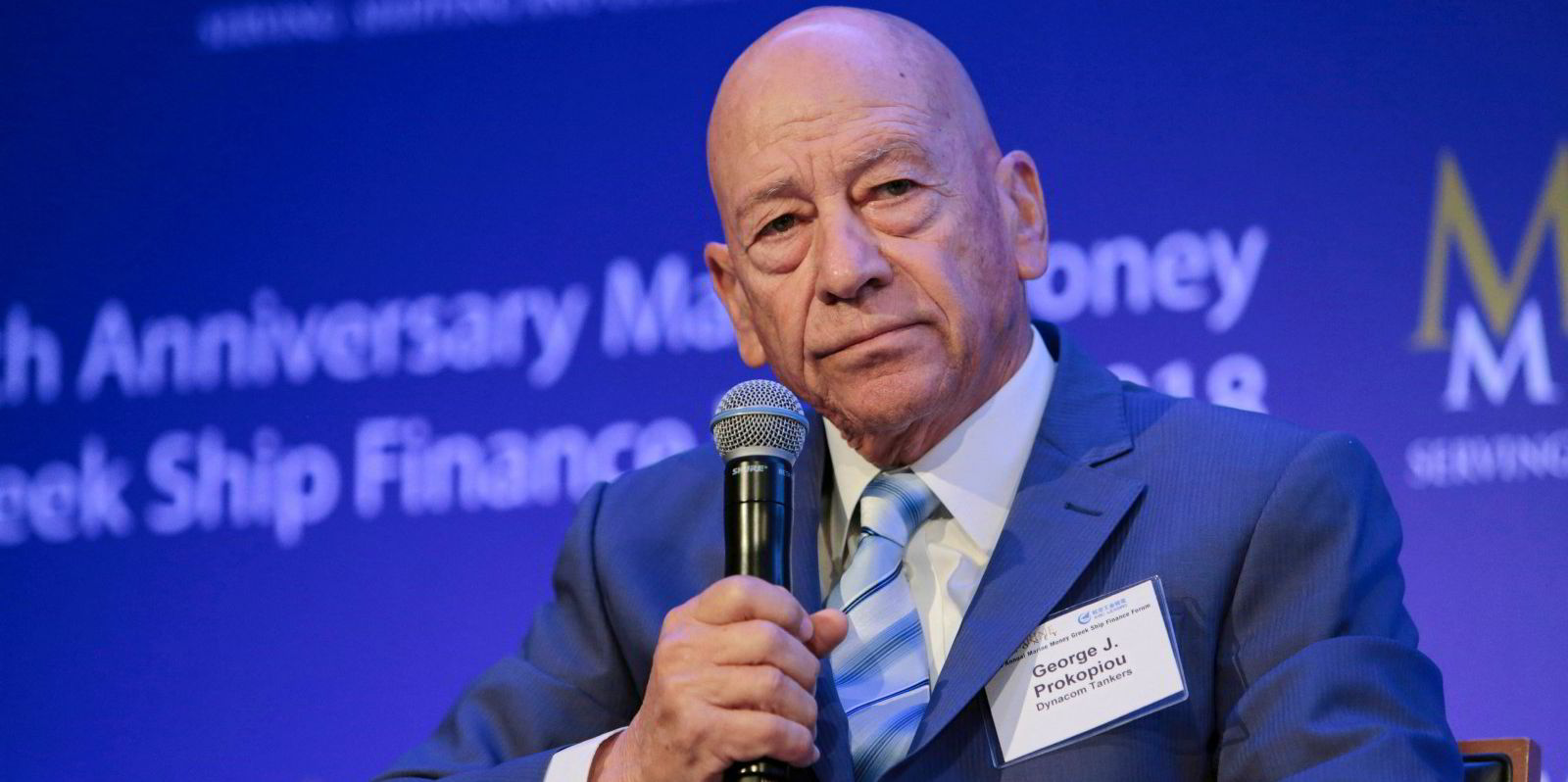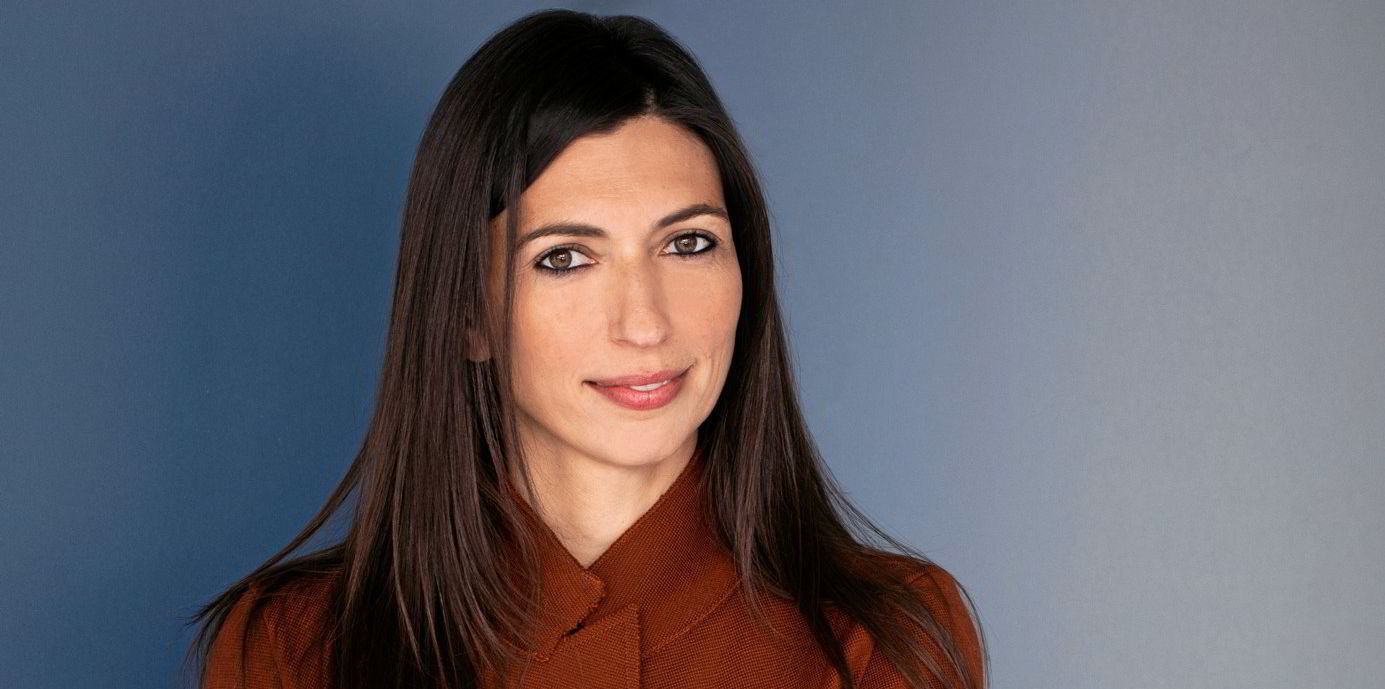Greek companies continue piling up bulker newbuildings in China to gradually renew their fleets with state-of-the-art vessels compliant with the International Maritime Organization’s Tier III and Energy Efficiency Existing Ship Index Phase 3 requirements.
According to market sources, the latest orders were placed by two companies that have not signed newbuilding orders for a long time: Lavinia Bulk and Star Bulk Carriers.
Panos Laskaridis-controlled Lavinia has ordered four vessels at Qingdao Yangfan and two at Cosco Shipping Heavy Industry (Yangzhou). They are due for delivery in 2025 and early 2026.
Star Bulk struck a deal at Qingdao Yangfan as well. The Petros Pappas-led company, however, has gone for just two vessels, expected to be delivered in 2026.
No price details have emerged on the newbuildings.
Market sources are saying the Laskaridis kamsarmaxes will all be conventionally fuelled.
The situation is less clear with the Star Bulk vessels. Some sources said the US-listed company is also signing up for conventionally fuelled ships. Others, however, do not rule out some degree of dual-fuel optionality being built in.
In any case, the newbuildings will be Lavinia’s first in more than five years and Star Bulk’s first in more than two, according to available records.
The two firms’ moves seem in line with those pursued by other Greek bulker owners, which have been proceeding with fleet renewal programmes lately.
Chinese yards have become favourite interlocutors for such newbuilding orders — Qingdao Yangfan in particular.
TradeWinds reported in September how the company, also known as Qingdao Shipyard, won business for a quartet of 82,000-dwt kamsarmax newbuildings for George Procopiou company Sea Traders.
Procopiou, who has recently placed orders for a further 18 kamsarmaxes at separate Chinese yards, has become the most prominent example of Greek shipowners relying on conventionally fuelled, fuel-efficient vessels built to the latest design to renew their fleets.
This contrasts with dual-fuel newbuildings increasingly seen in container ships and tankers. Some Greek owners, however, have also begun placing experimental orders for dual-fuel bulkers.
The most notable examples include two US-listed companies, Diana Shipping and Safe Bulkers, which both have ordered a pair of methanol dual-fuelled kamsarmaxes at Tsuneishi Group (Zhoushan), a Chinese yard controlled by Japan’s Tsuneishi Shipbuilding.





